If you’re feeling this way, and trust me I can relate, may I make a suggestion? STOP! That’s right, I mean you Mom running around trying to get all the errands done before school lets out. That means you too Dad, organizing the kids for hockey while also trying to help the others finish their homework. Whatever your family’s particular rhythm, just STOP for a second.
So many of us fall into the trap of the routine. Routines help us function in our everyday life. If we had to make a new decision about everything, everyday we’d go crazy. However, when we fall into the trap of routine, then time can fly by without us noticing it and we miss being present in the moment. For anyone who practices mindfulness, or has read some Buddhist philosophy, you will know how important it is to be in the moment.
KEEP ON GROWING! If I can help you with this or any other aspect of your health you’re looking to improve, you know where to find me ;)
0 Comments
Why do we need to worry about sugar? Sugar in the blood is not a bad thing on its own. In fact, without this important fuel we wouldn’t last very long. However, like most things, in the right amount we stay healthy, but when we have too little sugar or too much, that’s when problems arise. Our main method of procuring this fuel is eating and drinking. Anything we consume, our body breaks down into it’s most basic building blocks, glucose, which is sugar, being one of them. Once broken down, the body shuttles the glucose to where it’s needed. If you’re playing a game of tag, then you’re going to need glucose for your muscles. If you’re studying for a big test, then you need glucose for your brain. The blood is simply the highway system in your body that transports the glucose (along with many other things) throughout the body until it reaches it’s final destination.
What can we do? Eating Well We know that balance is important, but what are some easy and crucial things we can do to improve our blood sugar balance. One, you may have guessed, is being mindful of what you eat! Proper nutrition is really a cornerstone of good health. Start with eating a diet focused on good whole foods, which includes 5-10 servings of fruit and vegetables a day, whole grains (complex carbs), good proteins and healthy fats. Then avoiding excess sugar, like soft drinks. Did you know that there can be as many as 6-10 tbsp of sugar in 1 can of pop? Another helpful trick is to have either protein or fat with each meal. Not only do they help you feel more full for longer, they also modulate the rush of sugar coming into the body. If we’re looking at a curve of blood sugar levels, this is what happens if we have sugar by itself, a big spike and then decline about an hour to a few hours later. This is why people who have a chocolate bar for their afternoon snack feel like they have lots of energy and focus for the first hour or so after, but end up feeling more tired later on when their blood sugar plummets. If you eat fat or protein with your other foods, it helps to temper this spike in blood sugar so you don’t have a huge increase and subsequent decrease of blood sugar and corresponding energy levels.
Blood sugar levels have a story to tell about our health, and every choice you make with your diet and lifestyle habits writes that story. Make sure you make the right choices for you: eat right, exercise and modify your stress. Your family and your future self will thank you for taking steps to ensure that your blood sugar story is writing about a long and healthy future.
Have questions about how you and your family can reduce your sugar intake? Ask me about it by emailing me through the 'contact me' section or give me a shout at the office. I'm here to help you achieve your best possible health. Note: Talk to your Naturopathic Doctor today about getting assessed and treated if needed, and as always talk to your health care provider before beginning any new medication or supplement. This information is not meant to replace the advice/guidance of a medical professional, nor should it be acted upon by individuals unsupervised by the appropriate healthcare provider. References: Silverthorn, D.U. 2010. Human Physiology An Integrated Approach. Fifth Edition. Pearson International Edition. Stats Canada. 2016. Obesity in Canada: A Whole-of-Society Approach to a Healthier Canada: http://www.parl.gc.ca/content/sen/committee/421/SOCI/Reports/2016-02-25_Revised_report_Obesity_in_Canada_e.pdf WebMD. Fit Jr. (2016). Just a Spoonful of Sugar Adds Up: http://fit.webmd.com/jr/food/pdf/pdf-sugar-adds-up
What Can We Do About It? Keeping this in mind, what can we do to change this for the better? We can’t eliminate stress altogether, a little bit of stress is a good thing. However, the problem starts when this crosses over into distress, when stress is no longer tolerable or manageable. This is when we need to put strategies in place that help to minimize the experience of negative stress.
Note: Talk to your Naturopathic Doctor today about getting assessed and treated if needed, and as always talk to your health care provider before beginning any new medication or supplement. This information is not meant to replace the advice/guidance of a medical professional, nor should it be acted upon by individuals unsupervised by the appropriate healthcare provider.
 Most of us are feeling at least a little tired of all the snow, and are thinking more and more often about spring and sunshine. However, for some of us the change of season is much more noticeable because of the huge difference it makes in our mood. It’s normal to have a few days of low mood, but if it persists for most of the winter months and you aren’t motivated to do anything you enjoy then it may be something a little bit more. Seasonal affective disorder (also called SAD) is a type of depression that occurs at the same time every year. If you're like most people with seasonal affective disorder, your symptoms start in the fall and may continue into the winter months, sapping your energy and making you feel moody. Less often, seasonal affective disorder causes depression in the spring or early summer. What are the signs of SAD?
If you think you may have SAD it is important that you discuss how you are feeling with your health care provider. SAD is considered a type of depression, which can worsen and potentially lead to thoughts of suicide. If you are having thoughts of harming yourself or others it is of the utmost importance to seek medical help immediately!
What Can We Do About SAD? Light Therapy (phototherapy) has been shown to be a very effective treatment for reducing feelings of SAD. The specialized light box mimics natural light, which seems to have an effect on brain chemistry related to mood. Most people start to respond after 2 to 4 days and causes few side effects. Conventional Treatment: If symptoms are more severe then a combination of psychotherapy and medication (eg. Zoloft or Paxil), may be employed by your doctor. Generally a medication with the fewest side effects will be chosen, and your doctor may suggest beginning the antidepressant prior to the start of your symptoms each year. Naturopathic Treatment St. John’s Wort: has been used to treat mild to moderate depression. Some studies have found St. John’s Wort to be comparable to tricyclic and SSRI (fluxotine) with fewer side effects. SAMe: synthetic form of the same substance that is made naturally in the body from a reaction between methionine (an essential amino acid) and ATP, has been shown to alleviate depression as well as the pain of osteoarthritis. Melatonin. This natural hormone helps regulate mood. A change in the season may change the level of melatonin in your body. Omega-3 fatty acids. Omega-3 fatty acid supplements may help relieve depression symptoms and have other health benefits. Sources of omega-3s include fish such as salmon, mackerel and herring. Omega-3s are also found in certain nuts and grains and in other vegetarian sources, but it isn't clear whether they have the same effect as fish oil. Lifestyle Let the sun shine in: Open the blinds, trim a few branches, add a skylight if need be. Do whatever you can to allow more natural light into the home and office. Go outside: Try and get outside during the day when the sun is shining. Take a nice walk, sit on a bench, just try and get into the natural light more often. Exercise: Regular exercise has been shown through many studies to improve mood and relieve stress and anxiety. Mind-Body Therapy All of the following have been linked to decreased feelings of depression to varying degrees: - Acupuncture - Yoga - Meditation - Guided Imagery - Massage There is no one set formula for preventing SAD, but through proper treatment and working with your health care provider you can learn to manage this condition well. Talk to your Naturopathic Doctor today about getting assessed and treated if needed, and as always talk to your health care provider before beginning any new medication or supplement. References: Godfrey A. & Saunders P.R. (2010) Principles & Practices of Naturopathic Botanical Medicine: Volume I: Botanical Monographs. Central Nervous System, pg. 161-163. CCNM Press. Mayo Clinic. Diseases and Conditions: Seasonal Affective Disorder (SAD). http://www.mayoclinic.org/diseases-conditions/seasonal-affective-disorder/basics/definition/con-20021047 Murray M. & Pizzorno, J.. (1998) Encyclopedia of Natural Medicine (2nd Ed.). Depression, pg 377-400. Three Rivers Press.  February Is Heart Health Month In the spirit of reminding everyone about the importance of keeping your heart healthy, this post is going to be all about heart health and how to recognize the warning signs of heart attack. Did You Know? Every 7 minutes in Canada, someone dies from heart disease or stroke (Statistics Canada, 2011c). Heart disease and stroke are two of the three leading causes of death in Canada. These statistics are based on 2008 data (the latest year available from Statistics Canada).
What Is Heart Disease? Cardiovascular diseases are defined as diseases and injuries of the cardiovascular system: the heart, the blood vessels of the heart and the system of blood vessels (veins and arteries) throughout the body and within the brain. Stroke is the result of a blood flow problem in the brain. It is considered a form of cardiovascular disease. How Can I Tell Someone Is Having a Heart Attack? Common Symptoms - Pain in the chest/ arm, often the left arm. For women, a more common symptom is jaw/neck pain. - Stomach pain, can feel similar to heartburn - Shortness of breath - Anxiety. Some people actually describe feeling ‘an impending sense of doom’ - Lightheadedness - Sweating - Nausea and vomiting Are Symptoms Always Obvious? Most heart attacks begin with subtle symptoms — with only discomfort that often is not described as pain. The chest discomfort may come and go. Don't be tempted to downplay your symptoms or brush them off as indigestion or anxiety. Don't "tough out" heart attack symptoms for more than five minutes. Call 911 or other emergency medical services for help. If you don't have access to emergency medical services, have someone drive you to the nearest hospital. Drive yourself only as a last resort, if there are absolutely no other options. Heart attack symptoms vary widely. For instance, you may have only minor chest discomfort while someone else has excruciating pain. One thing applies to everyone, though: If you suspect you're having a heart attack, call for emergency medical help immediately. What Can Naturopathic Medicine Do for Heart Health? One of the central tenants of Naturopathic Medicine is teaching the principles of healthy living and preventative medicine. That means we work to help prevent heart disease BEFORE it happens. We can utilize many tools to help you achieve optimal health:
We'll formulate an individualized treatment plan focusing on your particular risks and needs to significantly decrease your risk of heart attack and stroke. That being said, there are also many things we can do after a heart attack or stroke to increase healing, decrease recovery time and maximize your quality of life.
Have more questions about what Naturopathic Medicine can do for you and your heart? Take advantage of our Free 15 minute consults to find out more today. References: Heart and Stroke Foundation of Canada. ‘Health Information’. http://www.heartandstroke.com/site/c.ikIQLcMWJtE/b.3484021/k.7C85/Heart_Disease.htm Mayo Clinic. Heart Attack Symptoms: Know what’s a medical emergency. http://www.mayoclinic.org/diseases-conditions/heart-attack/in-depth/heart-attack-symptoms/art-20047744 Murray M. & Pizzorno, J.. (1998) Encyclopedia of Natural Medicine (2nd Ed.). Heart Disease, pg 500-507. Three Rivers Press. Godfrey A. & Saunders P.R. (2010) Principles & Practices of Naturopathic Botanical Medicine: Volume I: Botanical Monographs. Cardiovascular System, pg. 81-138. CCNM Press. |
Sarah Connors
I am a Naturopathic Doctor and Doula providing care in the Kitchener-Waterloo area. I have a passion for helping people with their health issues and improving the birth experience for Moms, and their babies. I also have a life long love affair with soccer, curling, and the alto saxophone. Archives
November 2020
Categories
All
|
Photos from Rural Royalty, manu flickr2010, Ryan Dickey, wocintechchat, huskyte77, paulswansen, Black Room Photography, harum.koh, Emery Co Photo, JeepersMedia, BrownGuacamole, wellnesswildflower, JeepersMedia, vastateparksstaff, colindunn, seelensturm, /\ \/\/ /\, 50mm.za, The Simpsons (Lee, Shirley, Luke and Rachel), AGRONAUTI, aivas14, Jonathan Rolande, winnifredxoxo, juhansonin, osseous, nan palmero, Theo Crazzolara, brianfagan, TP studio, wuestenigel, torbakhopper, anka.albrecht, Michael Stern, [-ChristiaN-], franchiseopportunitiesphotos, terren in Virginia, nateOne, barnimages.com, Dun.can, wuestenigel, @lattefarsan, amandabhslater, aphrodite-in-nyc, nutritionaldoublethink, Anne Worner, donnierayjones, mikecogh, angeloangelo, Rob.Bertholf, getaiwan, Lida Rose, matsuyuki, SurFeRGiRL30, marcoverch, amsfrank, mdaltry, nutrition education, Mike Prince, Edsel L, Neighborhood Nini, philipp.alexander.ernst, Mediocre2010, homethods, quinn.anya, Gamma Man, katerha, Eric Kilby, National Institutes of Health (NIH), rcmd_cfdfw_5_2, curtis palmer, Ray in Manila, frankieleon, Airsoftpal.com, byzantiumbooks, cchana, Brian Legate, Matt Lavin, BradHinton, monpetitchouphotography, wuestenigel, alexisjordanlewis, ByEPhotos, erix!, RLHyde, return the sun, quinn.anya, mliu92, frankieleon, loudista, Lyn Lomasi, upslon, derrickbrutel, cchana, National Institutes of Health (NIH), watts_photos, marcoverch, derrickbrutel, francesbean, weegeebored, Airsoftpal.com, Etwood, wu_135, shixart1985, Ingrid Taylar, VeritasFotografie, BioDivLibrary, emmanuelmorales1, Thanks for 1.5 Million Views!!, Will Merydith, reader of the pack, RoxyHobbs, Khanelle Prod' Medias, storyvillegirl, agromonitor, Arenamontanus, six:eleven, cote, SweetOnVeg, nenoirenediaz, lucianvenutian, markhillary, anotherlunch.com, inkknife_2000, archibald jude, rawtrigger, Imaginary Museum Projects: News Tableaus, Pavel P., Courtney Emery, Thien Gretchen, physiognomist, bark, Michigan Municipal League (MML), alberth2, Merelymel13, neofob, Care_SMC, Parker Knight, B*2
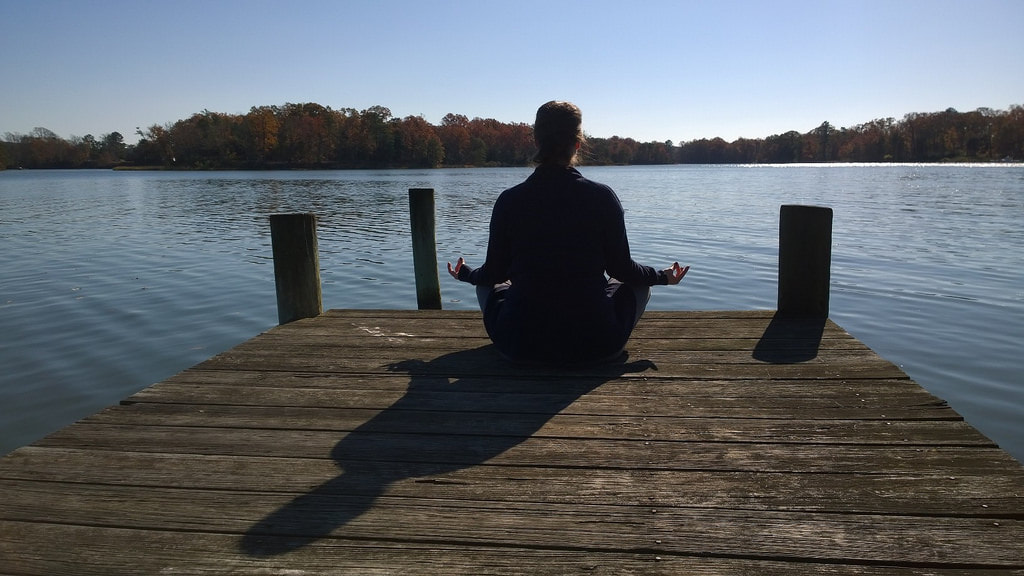







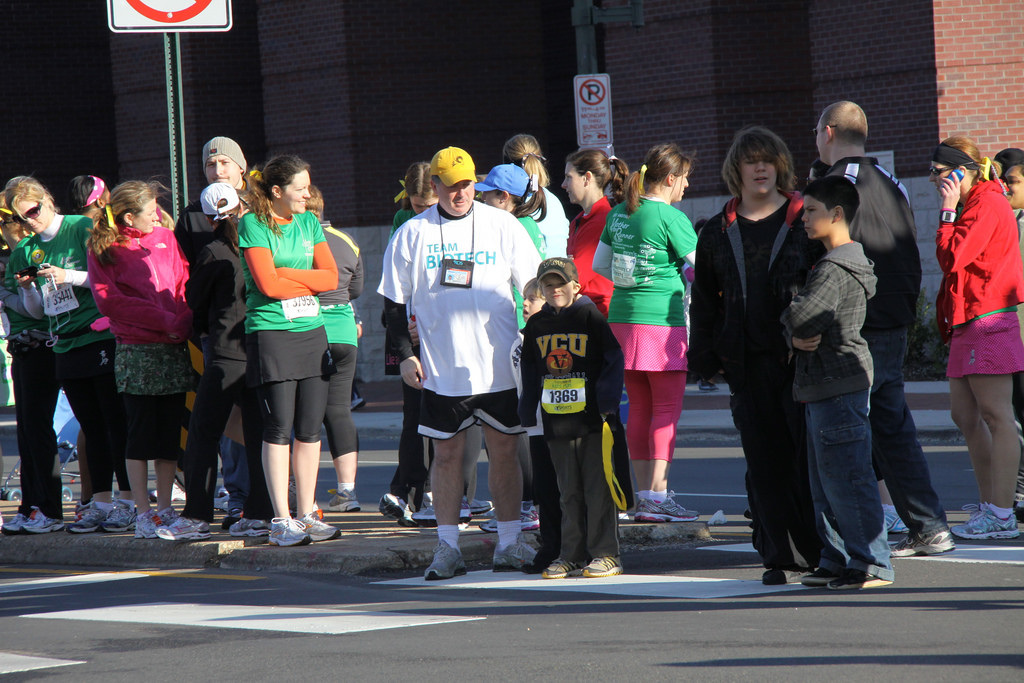
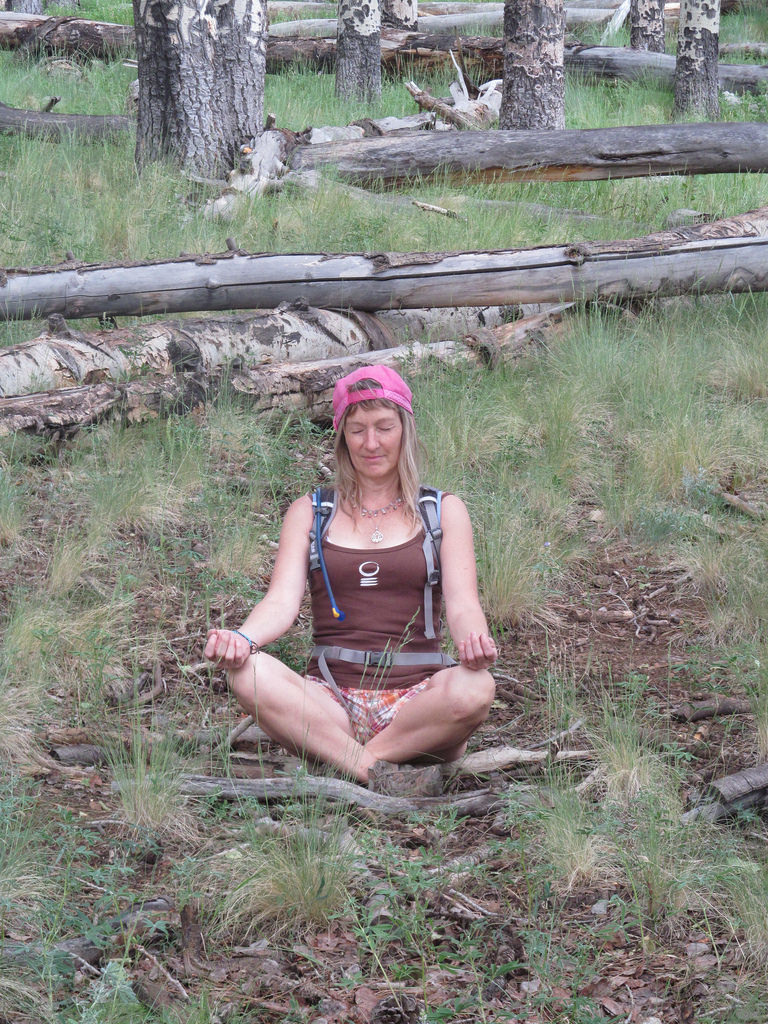
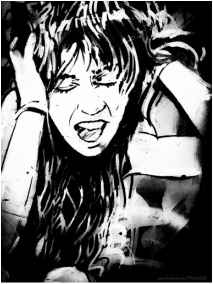
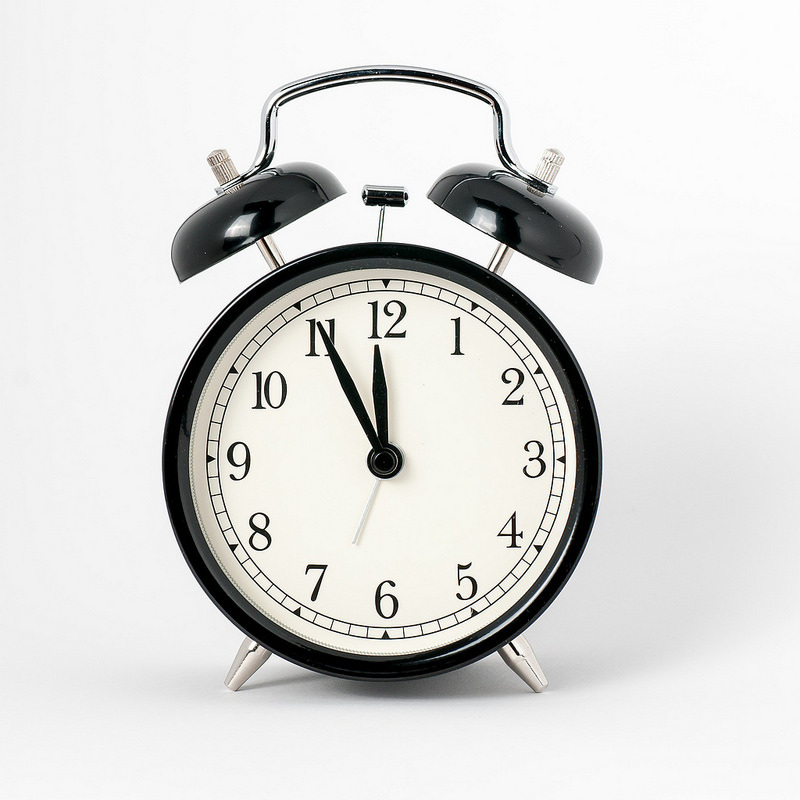
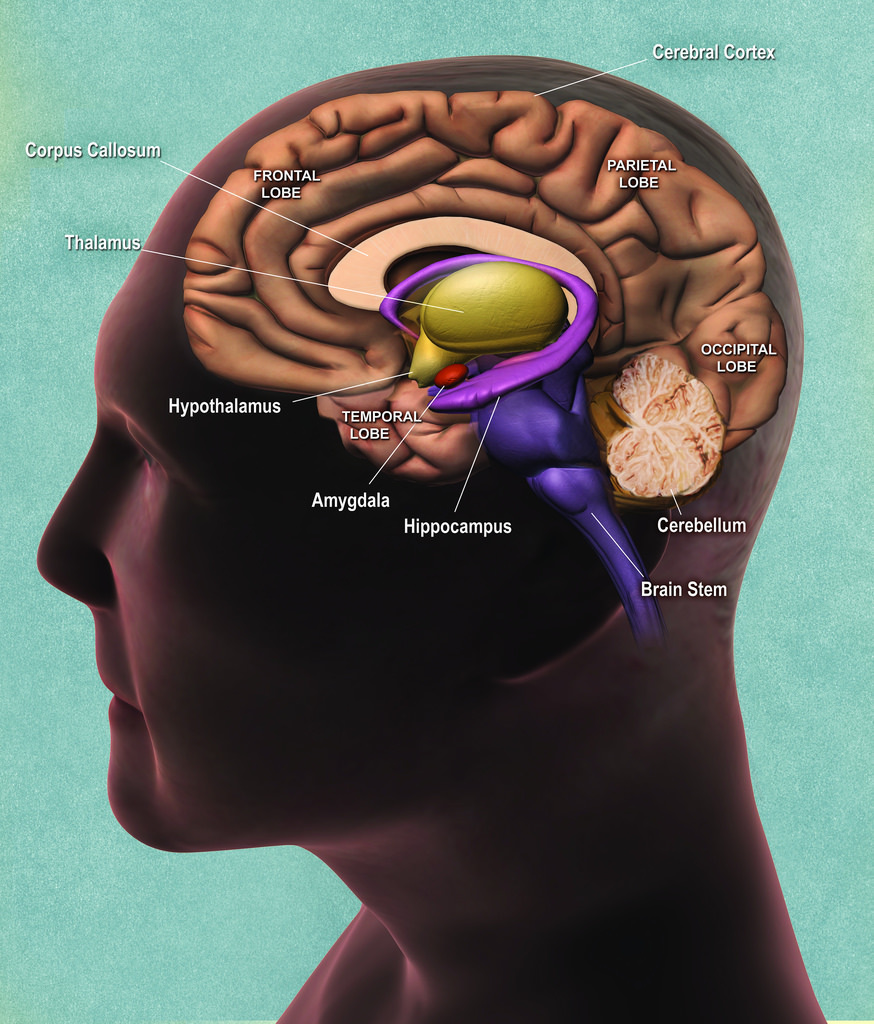


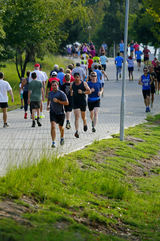
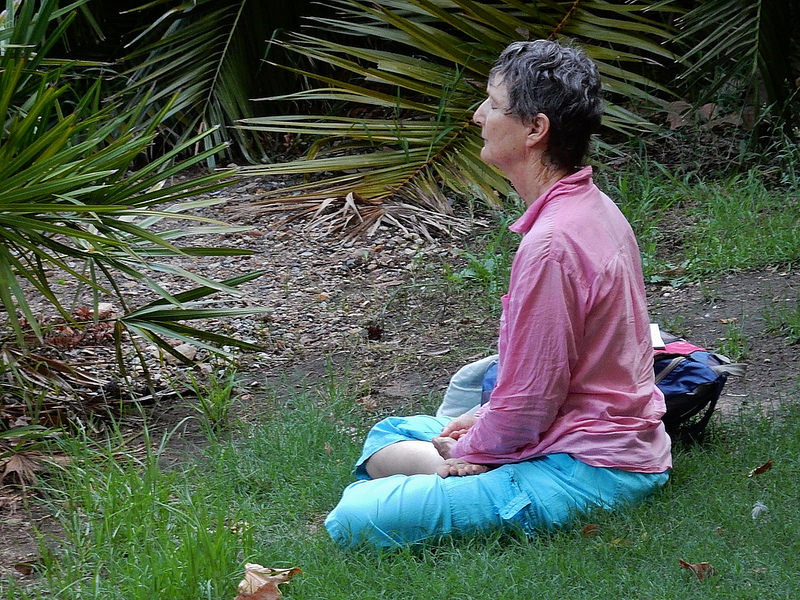





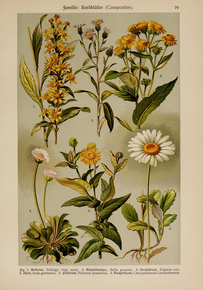
 RSS Feed
RSS Feed
